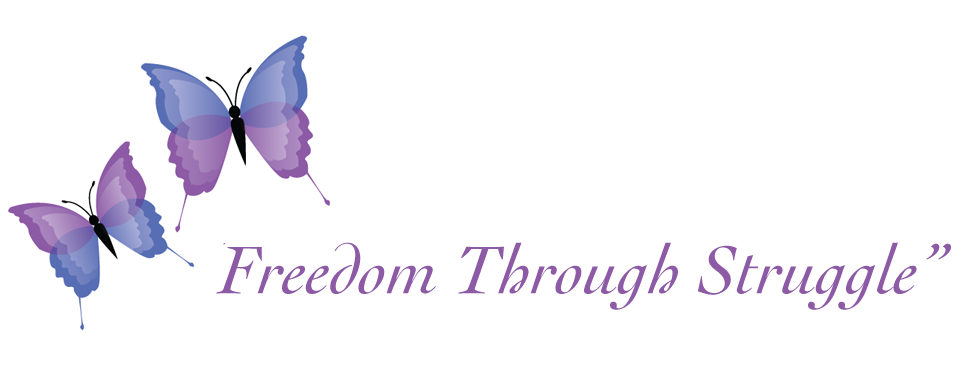What has happened to you?
This article will focus on the importance and impact of what has happened to us throughout our life span.
Our stories matter – when we tell our stories to someone who is listening, we start to understand ourselves better and become more self-compassionate. We also learn how we can make changes so that we have vision for our lives and are able to move forward.
Our narrative
Our narrative matters – right from the very beginning. The circumstances of our conception, our birth, our parents and whether they were attuned to us or not matters. Their relationship with one another is important too. Were we safe – did we have our physical and emotional needs met or not?
School Matters
If we are fortunate, we will have an education – this could start very early with pre-school as early as 1 year old, moving to primary school and then to secondary school. We may have been sent to Boarding School – perhaps as young as 7 years old. All these experiences make a difference to our developing sense of self, how we build relationships and try and find our place in society. Unfortunately sometimes school is not a great experience – perhaps we have been bullied or have found it difficult to fit in and achieve academically.
What happens after School?
Did we go on to further education such as University or an Apprenticeship or did we go straight to work as soon as we reached 16 years of age? Are our family depending on us to bring money in to support everyone.
World Events
We are all aware of the pandemic, wars and threats of wars, cost of living crisis, challenges within the NHS and the impact of cuts. Is it any wonder that people feel anxious, angry, uncertain about their futures, sad, hopeless, powerless and so much more.
Do we have a job?
How can we thrive without work that provides us with enough money to find good enough accommodation and put food on the table for our family and ourselves.
I have noticed that people sometimes have more than one job (I met someone once who had three jobs) just to make ends meet.
If we work in a place that expects us to work long hours without enough breaks we will burnout however resilient we think we are. This does not mean that we are weak. Every person has a breaking point.
Our health – mental and physical
It is no surprise that when we are under pressure our health is impacted – we may not notice to start with, as we continue to ‘push through’ and ‘get on with it.’ Our mental and physical health are inextricably intertwined. I often invite my clients to be still for a moment and just notice what is happening in their bodies – they may notice their heart is racing, their chest is tight, their shoulders hurt… I may notice that their fist is clenched, their speech is fast, hardly pausing to draw breath, they move quickly from topic to topic…. All of this is information from brain and body to let us know how we are and alert us to any action that we need to take to look after ourselves.
It makes sense that if we are under pressure and are struggling to meet our basic needs that we will feel stressed and anxious.
I have a visual brain and often use metaphors during my clinical work. A metaphor I use is a car. Even if we are not particularly mechanically minded, we are aware of lights on the dashboard of our car – fuel, brakes, etc. We may notice the lights and not be particularly interested. If we check the fuel gauge, see that is it nearly empty and decide that we will continue on to make a long journey, it goes without saying that eventually the car will stop – possibly somewhere that is not convenient at all. No doubt our mood will darken – anger, frustration, anxiety – ‘what’s wrong with this car?’ (How about what has happened to this car?)
The importance of our environment
If we are in a healthy environment this will help our mental and physical health – if we have access to family, friendships, healthcare when we are struggling we will know where to go to ask for support.
A check list:
What significant life events have I experienced/am I experiencing?
What is my relationship with myself like?
What is my relationship with other people like?
How do I take care of myself?
Do I take care of myself?
What one thing can/will I do to support myself?
So what next?
Do reach out for professional support. You matter – your mental and physical health matters.

